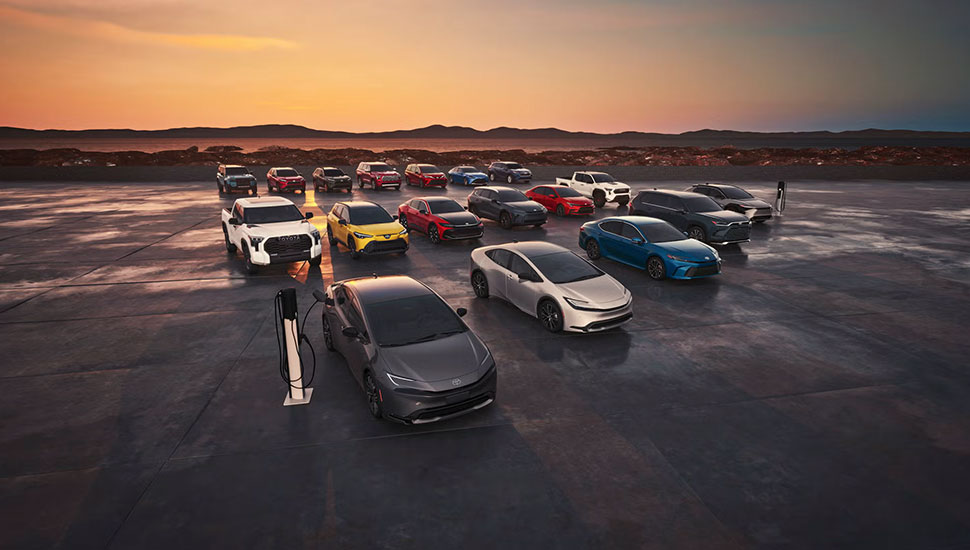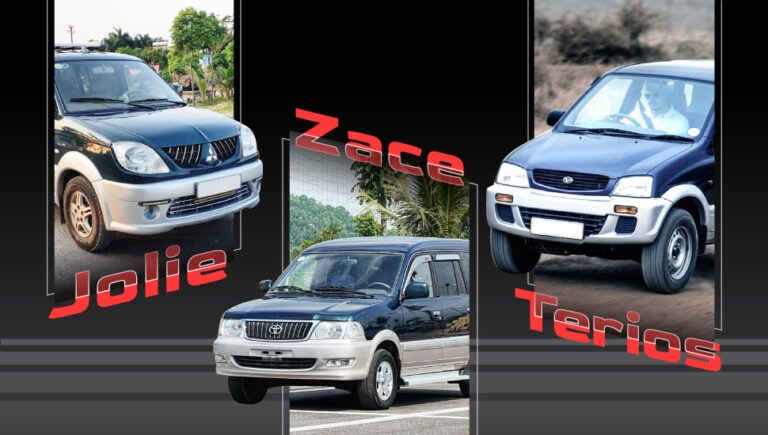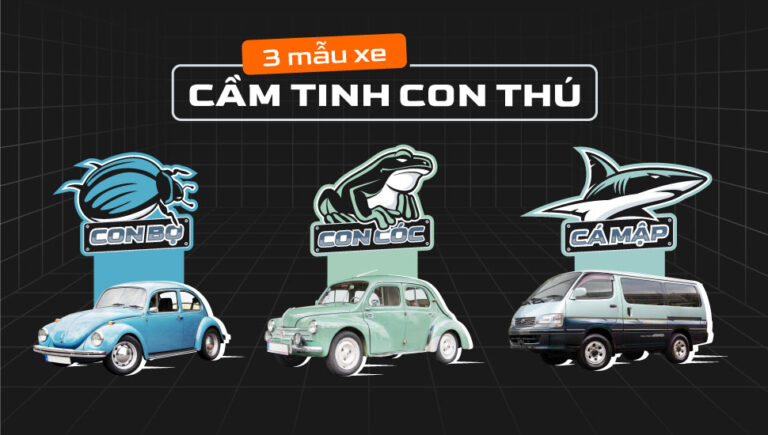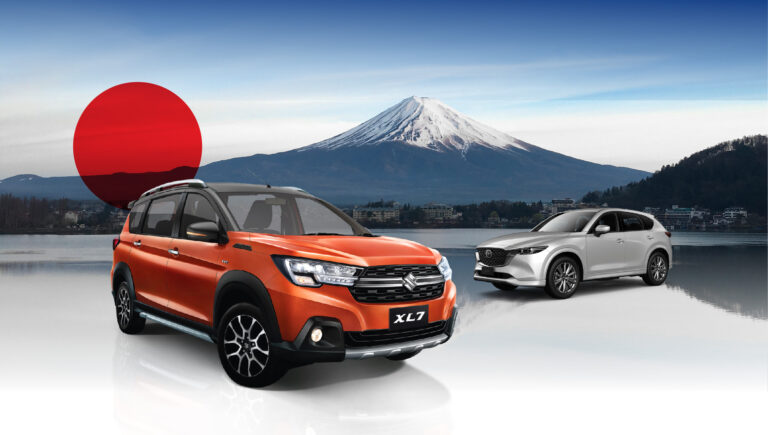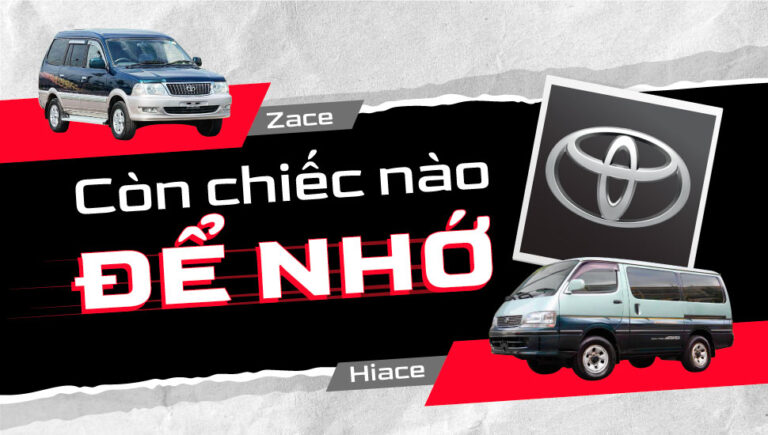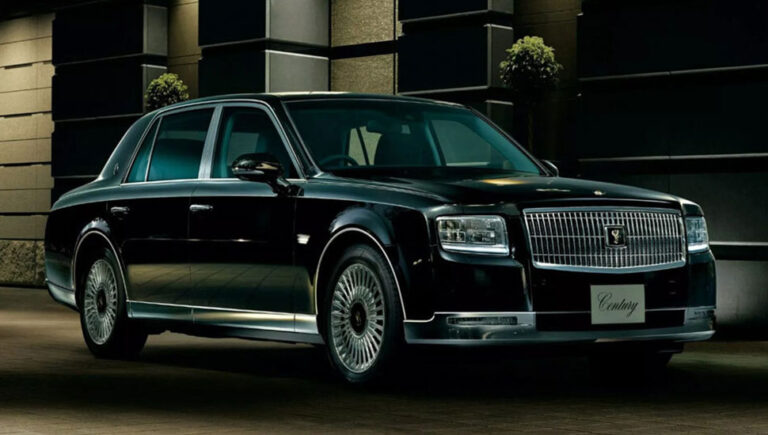When it comes to steadfast dedication to hybrid technology, Toyota stands as the first and foremost name, embodying a visionary leadership that has set the tone for the entire automotive industry.
Toyota History In Brief
In the spring of 1933, with the support of his father, Kiichiro Toyoda established an automobile production department within the Toyoda Automatic Loom Works textile machinery factory. Neither father nor son could have foreseen that their passion for components and engine oil would lay the foundation for the Toyota empire—a powerhouse that would shape the global automotive industry.
By 1937, only four years later, the Toyota brand was officially born, initiating a near-century of innovation that would reshape the automotive landscape. Managing two major brands, Toyota and Lexus, the company has established a presence in every vehicle segment, consistently ranking among the top three. Whether it’s the iconic Toyota Crown for government officials in the 1990s, the Camry’s seamless continuation, or the renowned models like Vios, Innova, Fortuner, and Land Cruiser—each name under the Toyota banner carries an almost mythical reliability.
The Pioneer Flagship: Prius
Over its history of nearly 100 years, Toyota has repeatedly defied norms and challenged conventions. In 1989, Toyota ventured into uncharted territory by introducing the Lexus luxury brand, going head-to-head with industry giants Audi, BMW and Mercedes. In October 1997, Toyota achieved another breakthrough with the Prius—the vehicle that heralded the green revolution.
The Prius, a harmonious blend of gasoline engines and electric technology, became the ultimate symbol of Toyota’s innovation. It originated from Project G21, initiated in the fall of 1993. The project sought to answer a challenge from Toyota’s honorary chairman, Eiji Toyoda: to create a forward-looking vehicle for the 21st century. The goal? A practical four-seater daily driver that consumed half the fuel of its contemporaries.

In 1997, Toyota unveiled the Prius Hybrid at a press conference in Tokyo, accompanied by the slogan “Just in time for the 21st century”. The project concluded with resounding success, and to this day, the Prius remains the world’s most recognized hybrid, with over 6 million units sold across two decades.
In 2004, the second-generation Prius elevated the concept further with a five-door hatchback design, exceptional aerodynamics, and impressive fuel efficiency, becoming a tech icon, particularly among Silicon Valley elites. By the fifth generation in 2023, the Prius boasted not only refined aesthetics but also unmatched fuel efficiency, especially in its plug-in hybrid “Prime” variant, capable of all-electric travel for up to 100 km. The Prius has since become a torchbearer, inspiring automakers worldwide to embrace hybrid technology.
Toyota’s Beyond Zero Vision
Building on the Prius’ success, Toyota expanded its hybrid lineup to include models like the Camry Hybrid, Corolla Hybrid, Innova Hybrid, and Highlander Hybrid, catering to a wide range of consumer needs.
While the global market increasingly views electric vehicles (EVs) as the future, Toyota has once again chosen to swim against the tide—but this time, it’s joined by Subaru and Mazda. In a May 2024 press conference, the three Japanese giants announced a joint project to develop a next-generation internal combustion engine powered by green fuels like hydrogen or bio-ethanol, integrated with hybrid systems.
“A rebirth of the engine” as Toyota described it, this project aims to revolutionize both internal combustion and hybrid technology. The true impact of this groundbreaking engine on hybrid vehicles remains a closely guarded secret, locked away in the “magic box” of Toyota, Mazda, and Subaru.

Toyota Isn’t Just A Name
True to form, Toyota remains the leader in hybrid sales, offering the most extensive hybrid portfolio and achieving the highest sales volume. In Vietnam, 6 out of Toyota’s 18 models currently available feature hybrid options, including the Corolla, Yaris, Camry, Altis, Innova, and Alphard. Looking ahead, Toyota representatives have confirmed plans to further expand their hybrid offerings in Vietnam while introducing several fully electric models once infrastructure readiness is ensured. To be honest, in Vietnam, Toyota isn’t just a name—it’s practically a saint.

